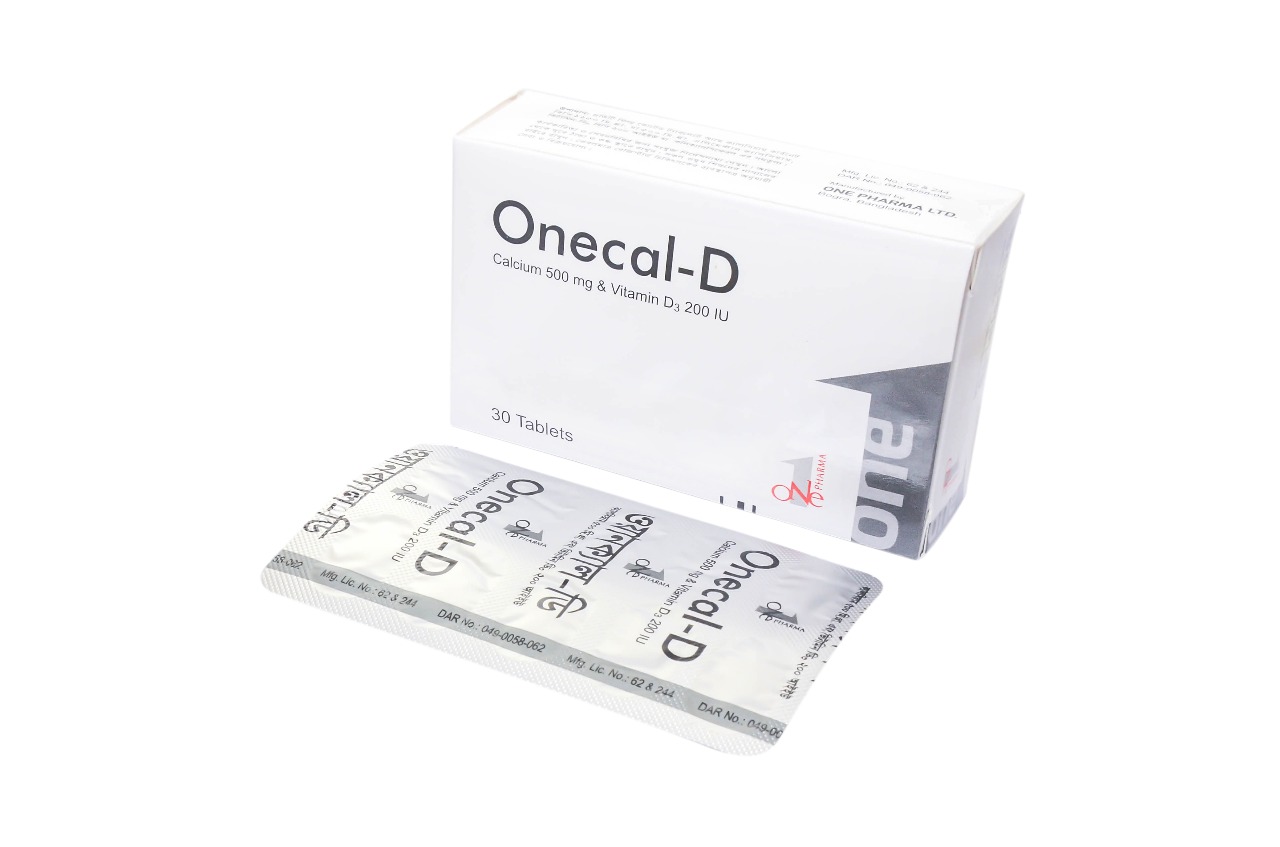

Calcium is needed for the formation of strong bones and healthy teeth and is involved in helping the blood to clot. It is also required to transmit nerve signals and help muscles work. Inadequate Calcium intake results in reduced bone mass and osteoporosis. Vitamin D3 is needed for Calcium to be absorbed from the gut and deficiency can lead to low Calcium levels and subsequent weakening of bones. Calcium and vitamin- D3 has synergistic effects on bone growth as well as in osteoporosis and in fracture prevention.